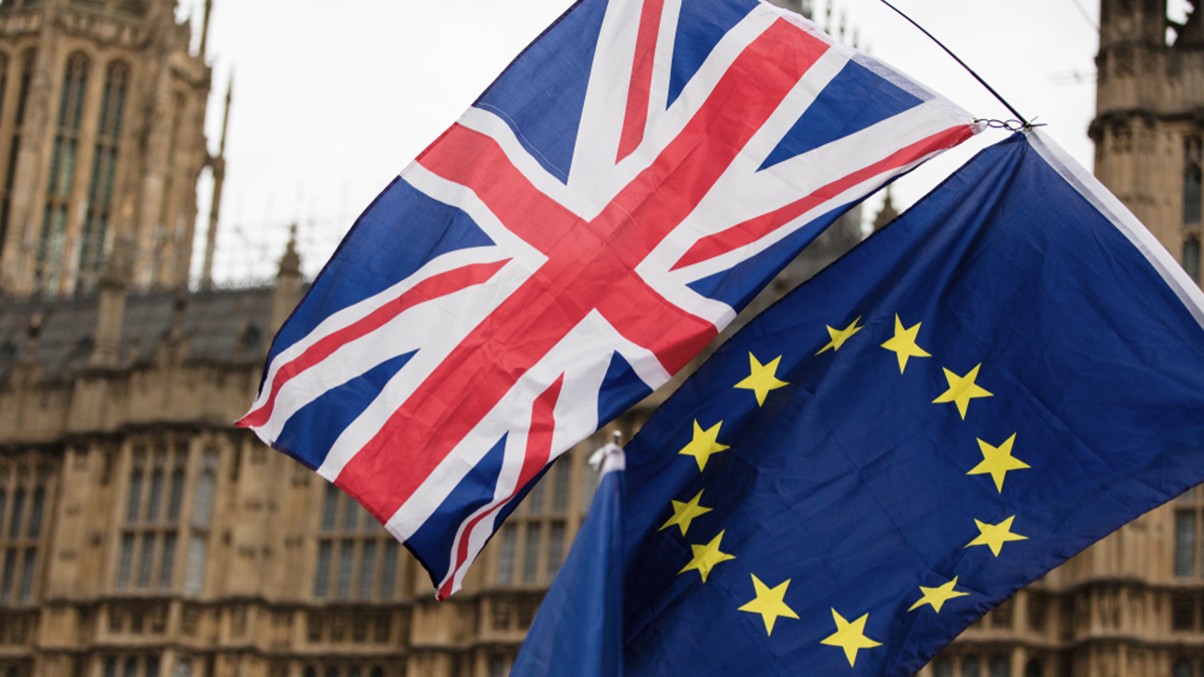Kate Pollock and Matthew Tighe have provided an expert analysis chapter to the International Comparative Legal Guide – Competition Litigation 2022. This claimant’s guide to recovering cartel damages in England is part of a book offering practical cross-border insights into competition litigation.
Below is the first of four parts of the chapter, examining core themes and specific features of cartel litigation. The full chapter is available to read for free here.
Introduction
Cartels and other horizontal competition law infringements reduce competitive pressures between cartelists, lessening incentives to reduce prices, offer better services, innovate through research and development, or differentiate from competitors by other means.
These behaviours harm the direct and indirect customers of cartelists. Businesses and individuals that have suffered this type of harm (e.g., by being overcharged) are entitled to recover their losses. Indeed, in many scenarios, they are entitled to recover losses suffered both in England and internationally, in the English courts.
Where the relevant jurisdictional criteria are met, the ability to recover all losses in a single forum is highly attractive for claimants as it avoids the need to file multiple proceedings in a variety of jurisdictions.
Cartel claims can be high value, often running to tens of millions of pounds or higher. This is in part because collusive behaviour can last for many years before detection, and so the volume of commerce affected can be very significant. Cartels of this nature almost invariably entail cross-border behaviour, and claimants frequently have a choice of where to file proceedings.
England has proven to be an attractive jurisdiction for a variety of reasons, including both favourable procedural law (such as broad disclosure options, which can be particularly important where the underlying behaviour is hidden) and practical issues such as the relative speed with which the courts move towards trial.
This chapter addresses some of the key issues that a business will weigh in deciding whether to seek recovery of losses it has suffered due to the operation of a cartel or cartel-like behaviour. While some comparisons are drawn with other jurisdictions, the focus is on recovery in England, which is often a claimant’s jurisdiction of choice. Brexit continues to bring some uncertainties, but as is explored in section 5 below, the favourable features of litigating cartel damages claims in England will remain.
Specific features of cartel litigation
Parties affected by competition law breaches are entitled to recover their losses, subject to domestic rules on causation and remoteness. All affected parties have standing, including indirect purchasers.
The volume of cartel litigation in Europe has increased markedly in recent years. Businesses impacted in Europe are undergoing a cultural change and are increasingly willing to recover losses caused by cartelists. The sight of other corporate victims achieving recoveries naturally encourages further claims.
This section focuses on some key features of cartel litigation that distinguish it from mainstream commercial litigation:
- The existence of cartel investigations
- The importance of economic evidence
- The possibility of collective proceedings
Cartel investigations
In cartel litigation, claimants usually rely on the investigative work of competition authorities at national or European Union (“EU”) level to uncover anticompetitive conduct that has been concealed. The UK’s competition regulator is the Competition and Markets Authority (“CMA”), whose infringement decisions are binding on the courts.
Generally, where the decision of a competition authority binds a national court, legal responsibility for the competition law infringement is already established. This means that liability for a competition law infringement can be relied on by claimants in what are known as “follow-on” claims. Without the work of competition authorities, businesses may be unaware of the harm that has been caused to them by a cartel because the conduct is usually hidden. Prior public enforcement, therefore, usually provides significant advantages to claimants launching corresponding private damages claims in respect of the same or similar conduct.
Where there is no prior decision of a competition authority on which claimants can rely, cartel litigation will be in the form of a “stand-alone” claim in which the claimant bears the burden of proving liability for the competition infringement.
At the time of writing, many cartel litigation claims in the English courts are follow-on claims, which rely on the binding nature of European Commission (“Commission”) infringement decisions. This trend is set to evolve in light of Brexit (see further at section 5 below). Nonetheless, the English courts will remain highly persuaded by the Commission’s findings of fact, bearing in mind its extensive investigatory powers and experience in these matters.
Further, many cartelists would be unable to credibly deny their cartel behaviour in damages actions, particularly as cartelists frequently admit liability to the Commission in order to avail themselves of the regulatory settlement process which can reduce the fines imposed. The position in the U.S. is informative in this context. Findings of liability by the Department of Justice (“DoJ”) are not formally binding on the Federal courts when adjudicating on damages claims. However, defendants that admit liability to the DoJ do not routinely dispute liability in resulting damages claims.
Importance of economic evidence
Investigating a victim’s losses and achieving a good value recovery requires a solid understanding of economic concepts and theories. The relevant economic theories are complex, but the key parameters are:
- The value of relevant commerce
- The overcharge (which is broadly the amount by which the cartel caused prices to be higher than they would have been in the absence of the cartel)
- “Pass-on”, which refers to the extent to which the overcharge may have been absorbed upstream of the claimant (if the claimant is an indirect purchaser from the cartel) and/or whether the claimant has passed on the overcharge to its downstream customers. Analysing pass-on can be particularly complex.
The English courts tend to take a detailed approach to economic evidence. An expert report that relies upon case-specific, underlying data and minimises reliance on generic proxies will be more persuasive to a judge and will exert increased settlement pressure. Much of the relevant data will be in the hands of the cartelists and only available through disclosure. Disclosure is, therefore, a key tool in building a persuasive and effective expert report.
Collective proceedings
A relatively new procedure is available to cartel victims, pursuant to which individuals and businesses can bring collective proceedings before the UK’s specialist Competition Appeal Tribunal (“CAT”). Collective proceedings are brought by a certified representative of a defined class of claimants, on either an opt-in or an opt-out basis. The procedure is primarily intended to make recovery of competition damages more accessible to consumers, whose claim may not be viable on an individual basis.
In recent years, collective proceedings have also been launched on behalf of businesses, including over truck purchases, foreign exchange trades, maritime car shipping and landline telephone charges. Most collective proceedings slowed in their initial stages pending the outcome of the Supreme Court hearing in the case of Mastercard Incorporated and others (Appellants) v Walter Hugh Merricks CBE (Respondent), which is a consumer claim relating to the payment of interchange fees. The Supreme Court ruling was handed down on 15 December 2020 and clarified to some extent the appropriate test to be used in certification proceedings.
With this new guidance from the Supreme Court, which has potentially made the burden of certification more achievable, it is expected that collective proceedings under the new regime will increase and, consequently, there will be a rising number of carriage disputes (where there is more than one contender for the office of class representative in collective proceedings).
Stewarts Litigate
Stewarts has launched a ground-breaking after the event (ATE) insurance facility with Arthur J. Gallagher Insurance Brokers Limited. ‘Stewarts Litigate‘ is designed to work alongside our alternative funding agreements. The facility provides our commercial disputes clients with rapid access to comprehensive ATE insurance at pre-agreed market leading rates. The facility can provide coverage of up to £4 million in three business days and up to £18 million within ten business days.
Find out more about Stewarts Litigate here.
This communication has been authorised by Arthur J Gallagher Insurance Brokers Limited for the purpose of s21 of the Financial Services and Markets Act 2000
You can find further information regarding our expertise, experience and team on our Competition Litigation page.
If you require assistance from our team, please contact us.
Subscribe – In order to receive our news straight to your inbox, subscribe here. Our newsletters are sent no more than once a month.







